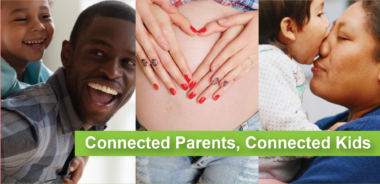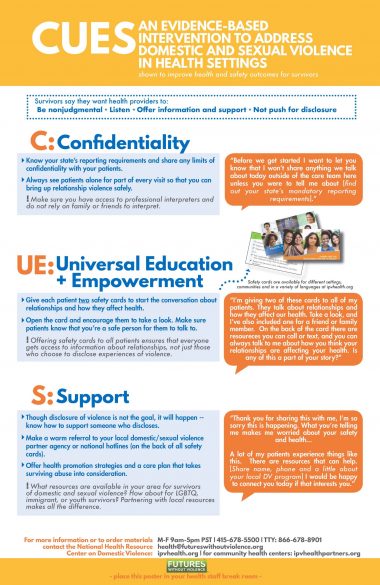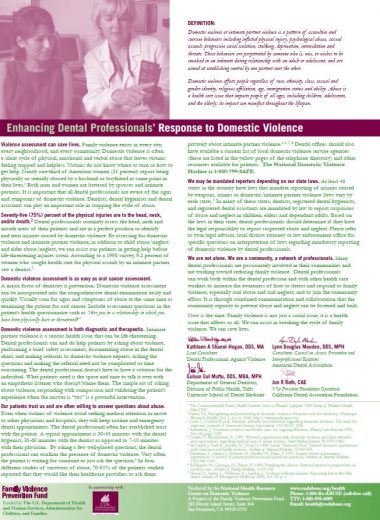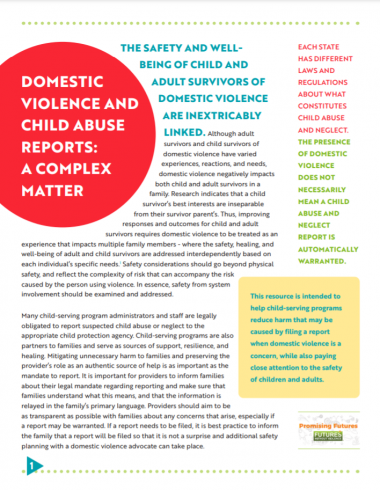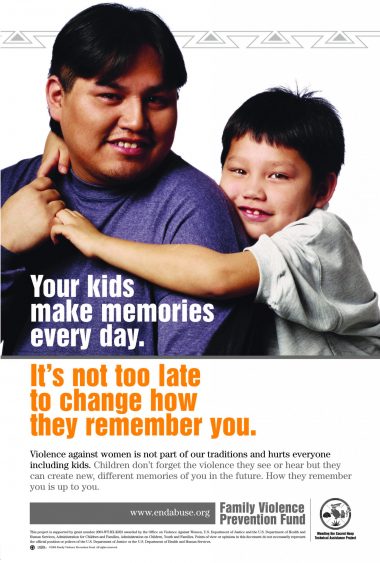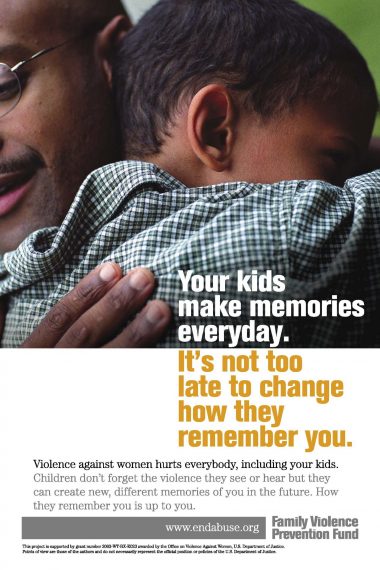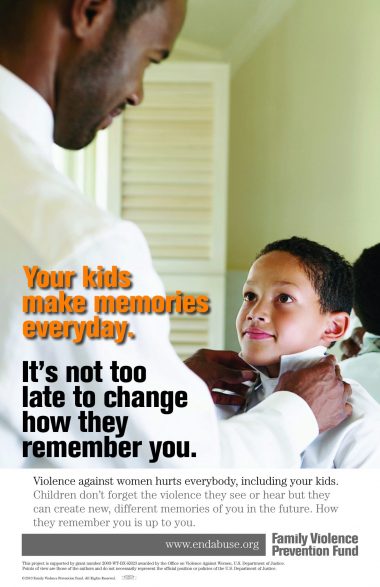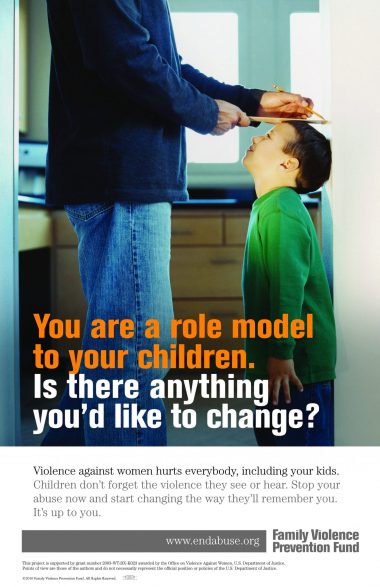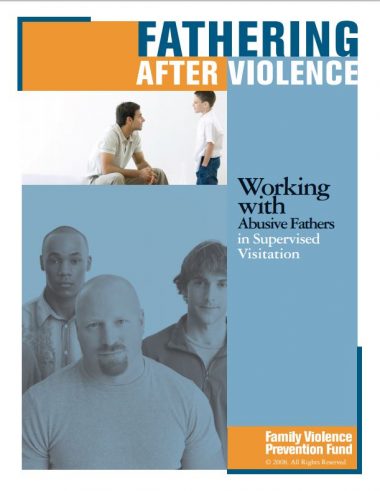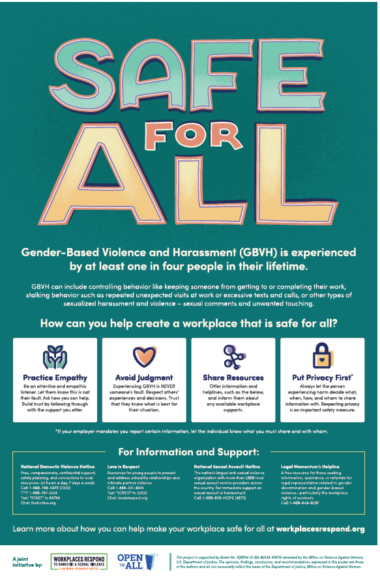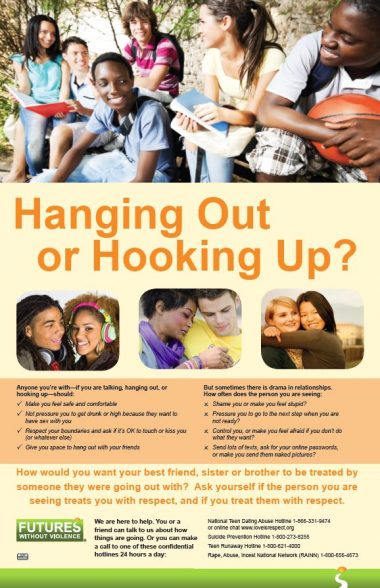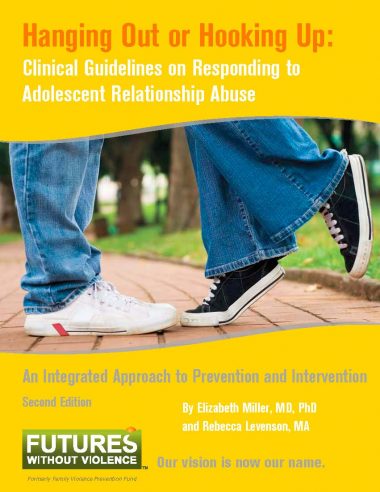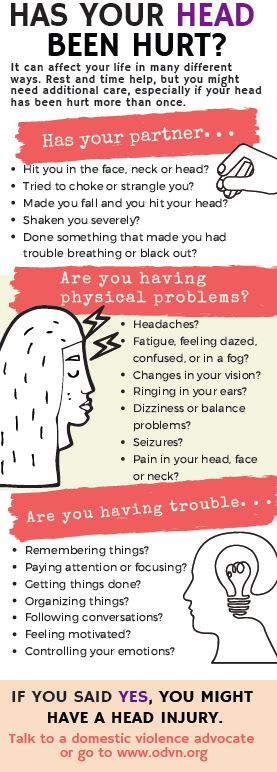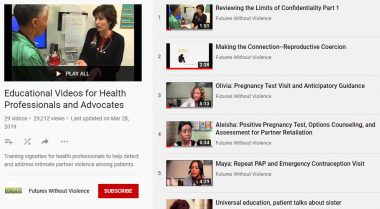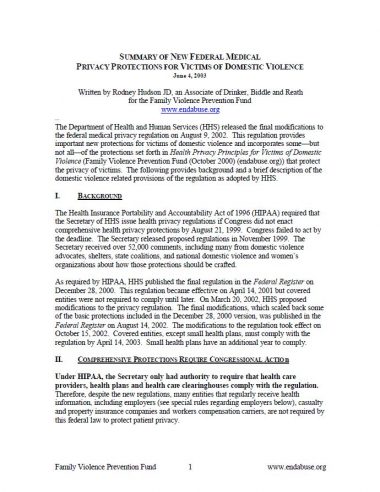Showing 17–32 of 64 results
Connected Parents, Connected Kids ACEs Safety Card (Hard Copy and PDF)
$0.00
The Connected Parents, Connected Kids Safety Card is a universal education tool that health care and community-based providers can distribute as part of universal education with families to discuss Adverse Childhood Experiences (ACEs), relationships (healthy and unhealthy), and resilience. This resource is appropriate for a variety of settings, including pediatrics, reproductive health, home
CUES Poster
$0.00
Beyond Screening: Easy Steps to Support Survivors in Health Settings Infographic
Providers should talk with all patients about the elements of healthy and unhealthy relationships, the health effects of violence, health promotion strategies, and resources. Learn more about an evidence-based intervention for addressing domestic violence in health settings. Use the evidence-based and
Dental Folio (PDF)
$0.00
Complete with an overview of clinical signs of domestic violence, routine assessment, documentation, and intervention, a fact sheet, national resource list, action steps to get involved, a pocket card with assessment tips, and summaries of JCAHO standard PC.3.10, mandatory reporting and privacy issues with corresponding web links for more information.
Domestic Violence and Child Abuse Reports: A Complex Matter (PDF only)
$0.00
This resource from Promising Futures is intended to help child-serving programs reduce harm that may be caused by filing a child abuse report when domestic violence is a concern, while also paying close attention to the safety of children and adults. This resource offers information about questions to ask when considering making a report,
Fathering After Violence “American Indian/Alaska Native” Poster (PDF only)
$0.00
This poster may be used in any community or health setting frequented by men and boys including Tribal offices, schools, gyms, batter’s intervention programs, health care facilities and visitation centers.
This resource is only available as a PDF download.
Fathering After Violence “Memories-Hug” Poster (PDF only)
$0.00
These posters were created as part of the Fathering After Violence Initiative and may be used in any community setting frequented by men and boys. This may include tribal offices, schools, gyms, child welfare offices, batter’s intervention programs, health care facilities and visitation centers.
Fathering After Violence “Memories-Necktie” Poster (PDF and Hard Copy)
$0.00
These posters were created as part of the Fathering After Violence Initiative and may be used in any community setting frequented by men and boys. This may include tribal offices, schools, gyms, child welfare offices, batter’s intervention programs, health care facilities and visitation centers.
Fathering After Violence “Role Model” Poster (PDF and Hard Copy)
$0.00
These posters were created as part of the Fathering After Violence Initiative and may be used in any community setting frequented by men and boys. This may include tribal offices, schools, gyms, child welfare offices, batter’s intervention programs, health care facilities and visitation centers.
Fathering After Violence: Working with Abusive Fathers in Supervised Visitation (PDF)
$0.00
This guide is intended to assist the grantees of the Safe Havens: Supervised Visitation and Safe Exchange Grant Program (Supervised Visitation Program or SVP) that want to enhance the safety and well-being of women and children by working more deliberately with abusive fathers who use the centers to visit their
Gender Based Violence and Harassment Work Poster
$0.00
Gender based violence and harassment affects many of our workplaces. How can you help create a workplace that is safe for all? Please download the print ready files and put up this poster in your break room, bathrooms, or any other location where workers congregate. El acoso y la
Hanging Out or Hooking Up Adolescent Health Poster (Hard Copy and PDF)
$0.00
This poster was designed for display in a range of health sites serving adolescents including school-based health centers, school nurses offices, teen clinics, and pediatricians offices. The poster identifies aspects of both healthy and unhealthy relationships, encourages talking to a healthcare provider if the reader or someone they know has
Hanging Out or Hooking Up: Clinical Guidelines on Responding to Adolescent Relationship Abuse (PDF)
$0.00
These are guidelines focused on the transformative role of the adolescent health care provider in preventing, identifying and addressing adolescent relationship abuse (ARA). Health care providers can help by providing prevention messages about healthy relationships and helping those exposed to abuse.
This publication is available as a digital download only. This
Hanging Out or Hooking Up? Safety Card (Hard Copy and PDF)
$0.00
Last revised in 2017, the Hanging Out or Hooking Up (Adolescent Health) safety card challenges teens and young adults to reflect on how the person(s) they are dating or seeing treats them. It identifies the dynamics of healthy relationships and prompts teens to consider signs that may indicate abuse. This tool explores
Has Your Head Been Hurt? Rack Card (Ohio Domestic Violence Network) PDF only
$0.00
The Has Your Head Been Hurt educational card is a connection tool around issues of traumatic brain injury and strangulation.
This is a PDF download product only and include both the English and Spanish files.
Health Educational Training Video Vignettes
$0.00
These 28 educational videos are meant to be used by health care providers who are interested in incorporating evidence-based and trauma-informed practices for universal education as well as assessment and response to intimate partner violence and reproductive coercion as well as advocates and other providers who are hoping to integrate health services
Health Insurance Portability and Accountability Act (HIPAA): Summary of Federal Medical Privacy Protections for Victims of Domestic Violence (PDF)
$0.00
Developed for health care professionals, this resource guide discusses the implications of the Health Insurance Portability and Accountability Act (HIPPA) for domestic violence reporting. Includes a summary of the federal guidelines for victims of domestic violence, frequently asked questions about HIPPA, requirements for meeting the Hybrid Entity designation, disclosure requirements

